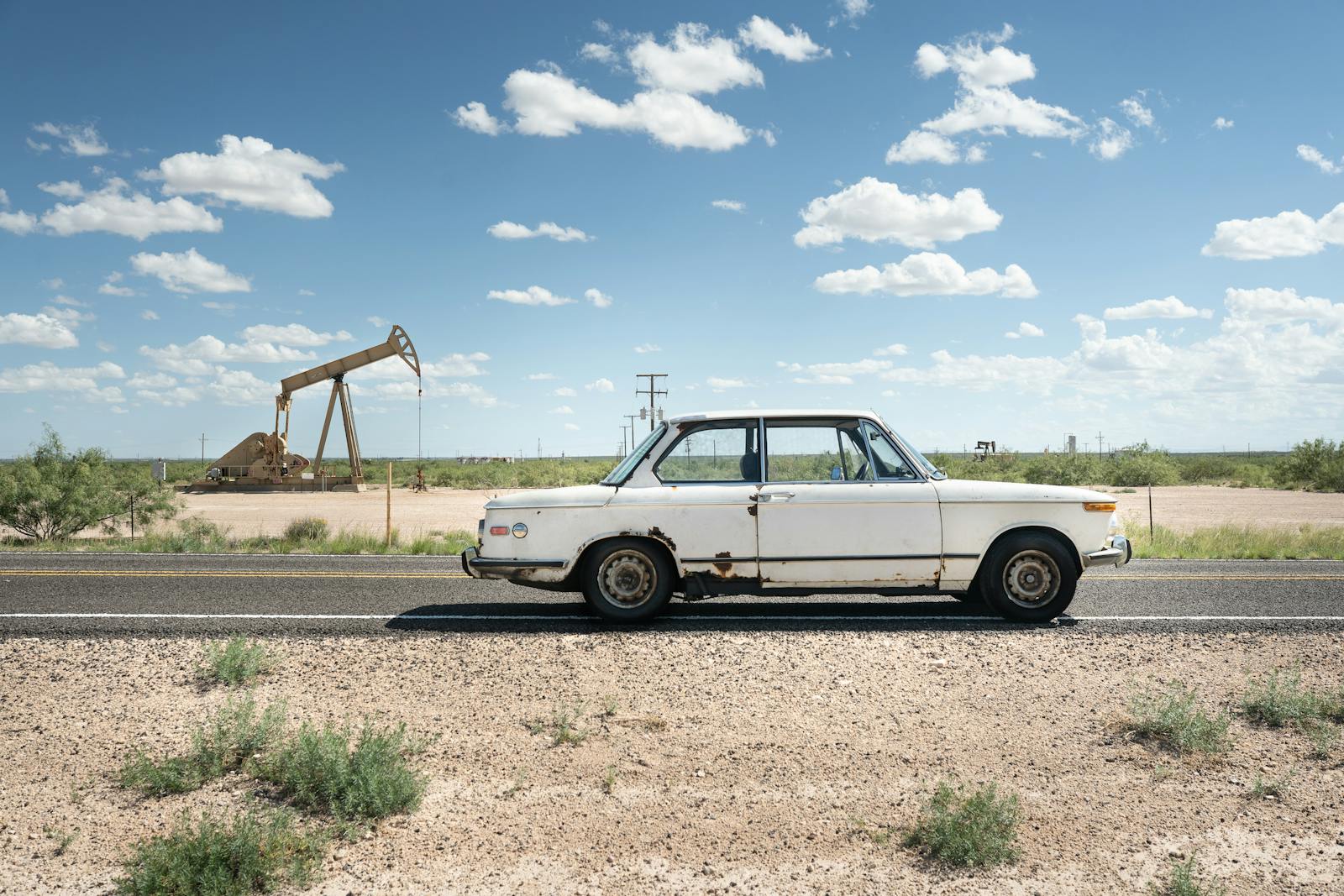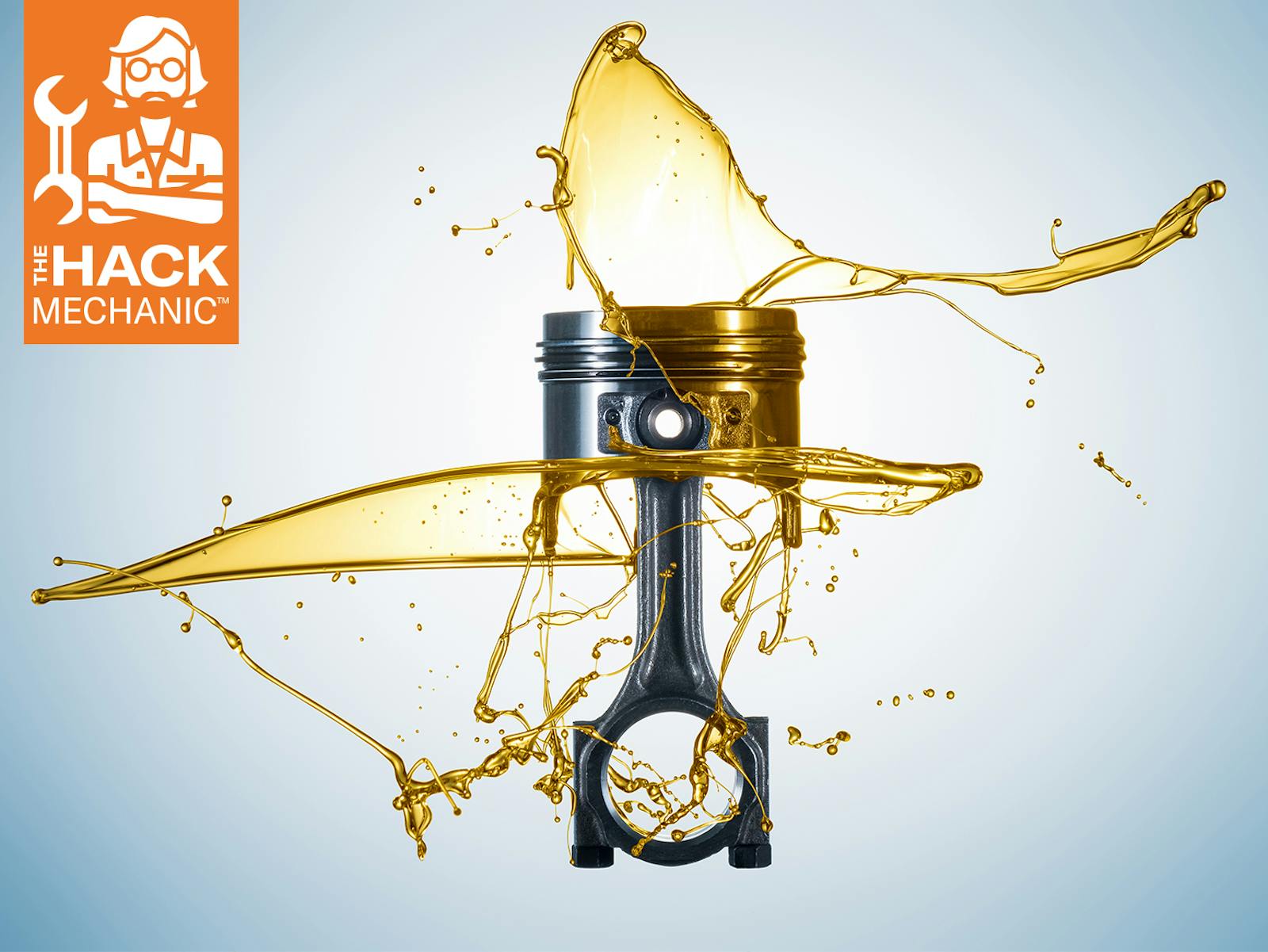Lee Iacocca’s brash style reshaped an industry that needed reshaping
A national celebrity when most Americans couldn’t name another car company CEO to save their lives, Lee A. “Lido” Iacocca had a taste for TV cameras, pinstripe suits, bejeweled cuff links, and travel not in first class but in “Emperor class,” as his aides at Chrysler used to joke. Iacocca transcended into legend this past July 2.
The Emperor’s history is singular: In 1964, Iacocca convinced a notoriously conservative family firm to take a chance on a new youth car called the Mustang. “Now, I don’t want to imply that we were building old ladies’ cars,” he bragged later in typical Lido style, “but something had to be done.” After hugely enriching the Fords, he was suddenly fired in 1978 by Henry Ford II. When asked why, the Deuce replied, “Well, sometimes you just don’t like somebody.”
The Fords paid him handsomely to go away: Iacocca’s severance deal was $400,000 in cash plus $22,500 per month for one year, and payouts of $178,500 annually until he was 65 and $175,000 every year thereafter. Dismissed when he was only 53, Iacocca took his old boss to the cleaners by living until 94.
He was unemployed barely a month. At Chrysler, Iacocca beelined straight to Washington, D.C., for another handout. The $1.5 billion Chrysler Loan Guarantee Act, signed by President Jimmy Carter, resulted in the lighter, more-efficient K-car. Although Iacocca famously ballyhooed the fact that he cut his own salary down to $1, voters didn’t like government bailouts then any more than they did in 2009. Chrysler ended up taking only $1.2 billion of the offered money, Iacocca figuring “every time we draw down $100 million, we dribble away $50 million in lost sales.”
The K-car and its many derivatives, including the minivan, did save Chrysler. But the Emperor had a taste for expensive baubles. He bought private-jet maker Gulfstream in 1985, Automobili Lamborghini in 1987, and a stake in failing Maserati. All were short-lived and largely unprofitable love affairs. By then, Chrysler was paying Iacocca $20 million a year. “That’s the American way,” he said unrepentantly. “If little kids don’t aspire to make money like I did, what the hell good is this country?”
With the perspective of time, Iacocca’s best move proved to be buying American Motors in 1987 for its Jeep brand, a reliable money maker. He became a pitchman not just for Chrysler but for America, extolling the quality of American-made cars and pleading with the government to clamp down on what he claimed were unfair Japanese trade practices. But by 1991, Iacocca was again back to begging for money, negotiating with banks for credit to keep his badly hemorrhaging company afloat.
Later, after he left Chrysler in 1992, Iacocca said his greatest regret wasn’t binging on wasteful acquisitions while leaving the K-car to molder in the market, or joining Las Vegas billionaire Kirk Kerkorian’s hostile and ultimately failed 1995 takeover. Rather, it was passing over his top lieutenant, consummate car-guy Bob Lutz, to be his successor. Instead, Iacocca poached a buttoned-down GM exec named Robert Eaton, who launched Chrysler into the ill-fated “merger of equals” with Daimler-Benz, which ultimately led to its 2009 government bailout and subsequent acquisition by Fiat.
Iacocca’s passing, along with that of FCA chief Sergio Marchionne in July 2018, plus the jailing of Renault-Nissan boss Carlos Ghosn (Factory Floor, July/August, page 120) and the legal strait-jacketing of Elon “The Tweet” Musk, are symbolic of the end of the automaker titans. After government bailouts, diesel scandals, and the looming disruption of electrification and automation, the industry prefers quiet technocrats to larger-than-life pitchmen, even if a new Lido might be exactly what it needs.
[This article originally ran in Hagerty magazine, the exclusive publication of the Hagerty Drivers Club. For the full, in-the-flesh experience of our world-class magazine—as well other great benefits like roadside assistance and automotive discounts—join HDC today.]


